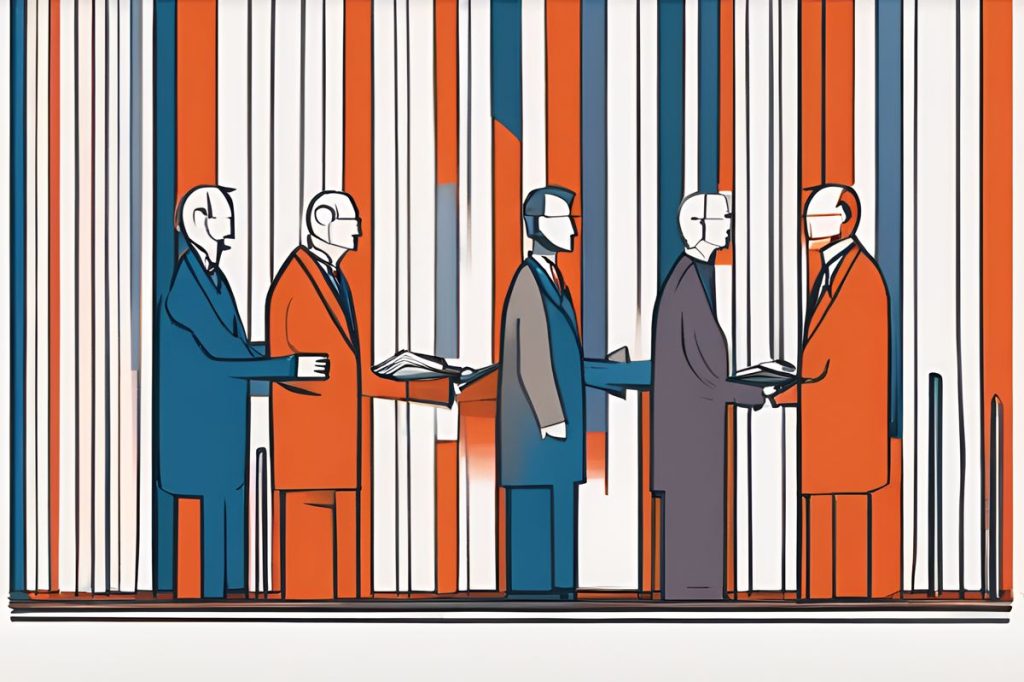Opposition parties Akel and the Green Party critique the government’s economic strategy, citing a lack of long-term planning and neglect of the middle class during the cost-of-living crisis. Akel proposes a windfall tax on excess profits of banks and energy companies, while the Green Party suggests extending fuel tax subsidies and proactive engagement with the public. Disy MP Onoufrios Koulla advocates for a holistic approach to address multiple factors contributing to the crisis.
What are the opposition parties’ criticisms of the government’s economic strategy?
Akel criticizes the government for prioritizing image over meaningful economic reform, lacking long-term strategies, and neglecting the middle class in the cost-of-living crisis. They propose a windfall tax on excess profits of banks and energy companies. The Green Party suggests extending the fuel tax subsidy to prevent citizens from seeking cheaper alternatives and calls for proactive engagement with the public. Disy MP Onoufrios Koulla advocates for a holistic approach to address multiple factors of the crisis.
Akel’s Stance on Current Economic Measures
Akel, known for its firm stance on governmental issues, has once again voiced concerns. This time, their focus is on President Nikos Christodoulides and the recent economic measures introduced to mitigate the cost-of-living crisis. According to the party, Christodoulides appears to prioritize his image over substantial economic reform. Akel contends that the President is out of touch with the daily struggles of citizens, ranging from escalating interest rates to soaring rents and the increasing costs of electricity and fuel.
The party has criticized the government for lacking a comprehensive plan. It argues that short-term remedies are insufficient when broad, long-term strategies are required. Akel insists that the middle class has been neglected, bearing the brunt of the cost-of-living crisis without adequate support from the government’s measures.
Calls for a Windfall Tax
In their critique of the government’s approach, Akel highlights an absence of certain policies that other European Union nations have adopted. Among these is the implementation of a windfall tax on the excess profits of banks and energy companies. Such a tax could fund significant aid packages to provide substantial support to those affected by the financial squeeze. The party advocates for a bold and impactful set of measures to alleviate societal pressures induced by the economic downturn.
The Green Party’s Propositions
On a parallel note, the Green Party has put forth their recommendations. With the expiration of the fuel tax subsidy looming, they argue for its extension. Their rationale stems from concerns that the end of the subsidy will force citizens to seek cheaper alternatives, potentially from across the border in the north, leading to not just economic implications but potentially political ones as well.
The Green Party warns of a new wave of price hikes on the horizon, putting additional strain on the populace. They implore the government to adopt a more serious attitude and consider the suggestions from consumers. It’s clear that a proactive approach and open dialogue with citizens are at the core of their proposed solutions.
Voices from Within the Government
The concerns are not just echoed by the opposition but also acknowledged by figures within the ruling party. Disy MP Onoufrios Koulla expressed his dissatisfaction with the economic measures. Highlighting the dynamic nature of economic conditions that have shifted significantly in recent years, Koulla emphasizes that a one-size-fits-all approach is outdated. He argues for a holistic approach, considering the myriad of factors contributing to the cost-of-living crisis, from rising food and energy prices to the impact of higher interest rates on households and businesses.
Koulla warns of the impending worsening of the crisis and stresses the need for comprehensive, long-term strategies over sporadic short-term fixes. The call is clear: a reevaluation of economic policies is essential to navigate the evolving challenges and to ensure the financial stability and prosperity of all citizens.
What are the opposition parties’ criticisms of the government’s economic strategy?
Akel criticizes the government for prioritizing image over meaningful economic reform, lacking long-term strategies, and neglecting the middle class in the cost-of-living crisis. They propose a windfall tax on excess profits of banks and energy companies. The Green Party suggests extending the fuel tax subsidy to prevent citizens from seeking cheaper alternatives and calls for proactive engagement with the public. Disy MP Onoufrios Koulla advocates for a holistic approach to address multiple factors of the crisis.
What is Akel’s stance on the current economic measures?
Akel criticizes President Nikos Christodoulides for prioritizing image over substantial economic reform and neglecting the struggles of citizens in the cost-of-living crisis. They argue that the government lacks a comprehensive plan and long-term strategies, with the middle class being neglected.
What is the proposed windfall tax by Akel?
Akel proposes a windfall tax on excess profits of banks and energy companies as a means to provide significant aid packages for those affected by the financial squeeze during the cost-of-living crisis. They advocate for bold measures to alleviate societal pressures induced by the economic downturn.
What are the Green Party’s propositions regarding the economic strategy?
The Green Party recommends extending the fuel tax subsidy to prevent citizens from seeking cheaper alternatives that could have economic and political implications. They urge the government to adopt a more serious attitude, consider consumer suggestions, and engage in a proactive dialogue with the public.

